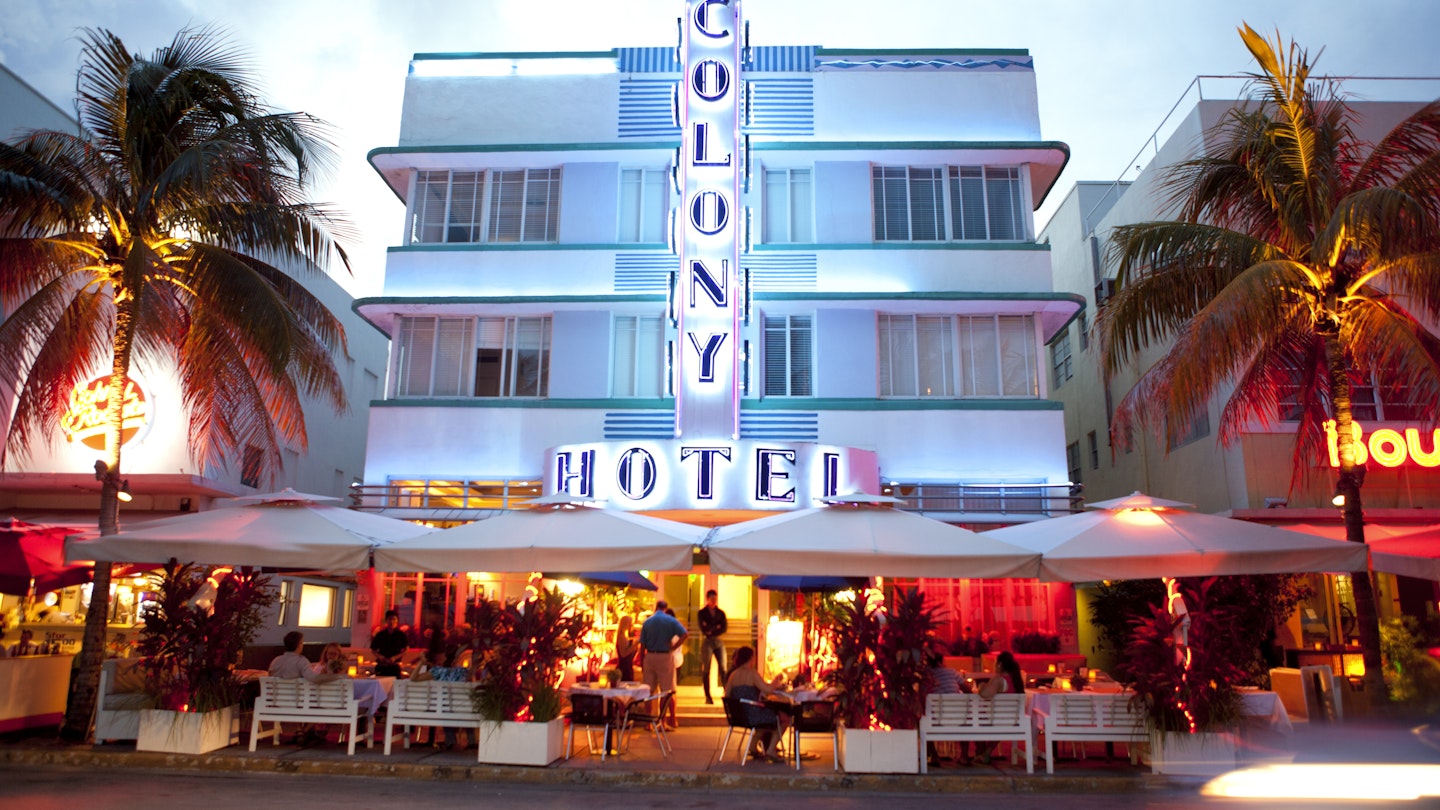Embrace Authenticity in Travel with GoTravelDaily
Many of us seek authenticity when we travel, aiming to truly connect with a place and its people. Numerous travel companies strive to sell this authenticity, particularly in accommodations, as explored here.
Consider a memorable moment from your travels, one where you felt completely immersed in the local culture. For instance, picture yourself in Japan, grilling freshly caught scallops on a tabletop grill in a seaside wooden shack on Hokkaido’s Shiretoko peninsula, before enjoying a donburi bowl of sea urchin and crab over rice. Surrounded by locals enjoying the same experience elevates the joy of travel.
However, one might question the authenticity of the dining experience, as the restaurant, Jun no Banya, draws inspiration from a Japanese TV show, From the Northern Country, resulting in a crowd of enthusiastic fans. Nevertheless, what is authentic in travel? To me, a restaurant that locals travel hours to visit embodies authenticity and reflects the true essence of experiencing a culture.
Accommodation Choices: What Feels Authentic?
In Japan, travelers encounter various accommodations, including the Toyoko Inn chain, characterized by multi-tone beige prefab buildings near transportation hubs and business districts. These “business hotels” often provide affordable lodging under US$50 a night outside Tokyo, complete with private rooms, solid Wi-Fi, and hearty breakfasts.
Yet, even within these seemingly uniform hotels, memorable experiences abound. For example, sharing a complimentary curry dinner with local businessmen in rural Hiroshima Prefecture provided me with an authentically modern Japanese experience, filled with laughter and camaraderie.

This brings us to the question of whether a stay in a $500/night traditional ryokan with tatami floors and futons offers a more authentic experience than a business hotel. Interestingly, platforms like Airbnb often claim that their accommodations are more “authentic” than conventional hotels. Yet, travelers know that these rentals can easily become generic and sometimes lack the unique character associated with local experiences.
Understanding the “Airbnbization” Phenomenon
Experiences can vastly differ when one chooses a locally-branded hotel as opposed to a western-branded one. The “Airbnbization” of design has resulted in uniformly styled apartments around the globe, from Marrakesh to Melbourne, sharing aesthetic similarities that can often lack local flavor.
Nevertheless, I’ve had remarkable authentic experiences when renting entire properties. For example, during my stay in Perth, I encountered a charming hillside holiday annex, enriched by stunning sunset views and delightful local wine evenings hosted by the owner.

Finding Authentic Experiences through Connections
Ultimately, the key to authenticity lies in the people we meet. Travel offers us the opportunity to engage with those whose life experiences differ from our own, enriching our understanding of the world. However, mass tourism can often drain a location’s essence and displace local inhabitants, further complicating the pursuit of genuine experiences.
For those seeking authentic stays, I recommend homestays or traditional bed-and-breakfasts. Staying at chambres d’hôtes in France, where dining with the host is common, enriches the experience and fosters a deeper connection with the local culture. My first trip to Tokyo included a delightful homestay with a former flight attendant who guided me through the intricacies of navigating the city’s trains and introduced me to local cuisine.
In conclusion, authenticity in travel is about forging connections with people. No matter the accommodation type, the experiences you create will always be unique and enriching.





